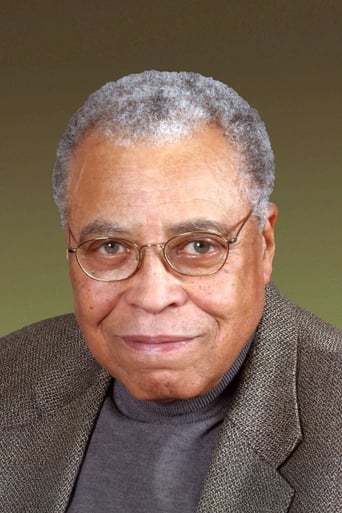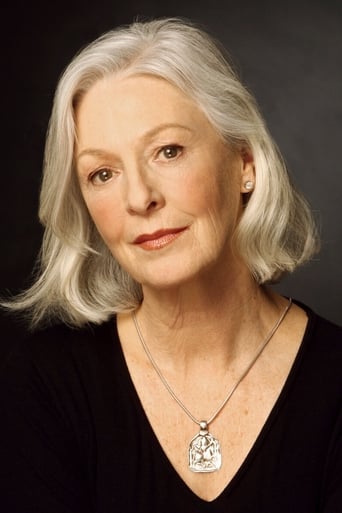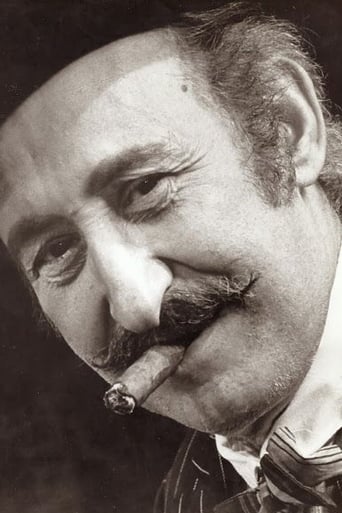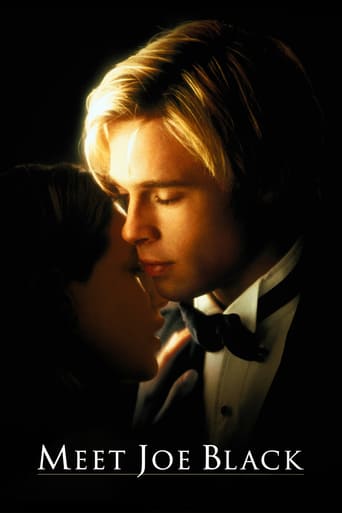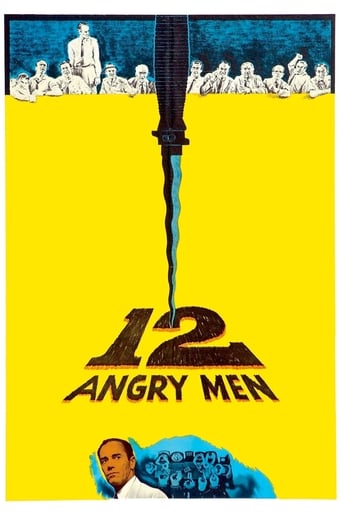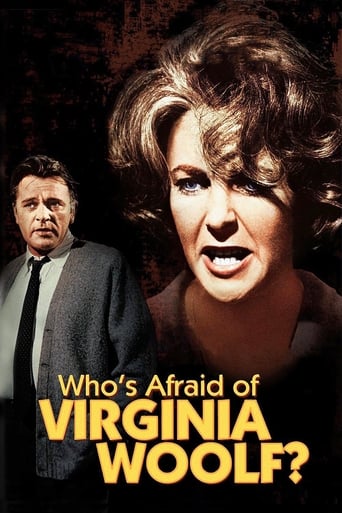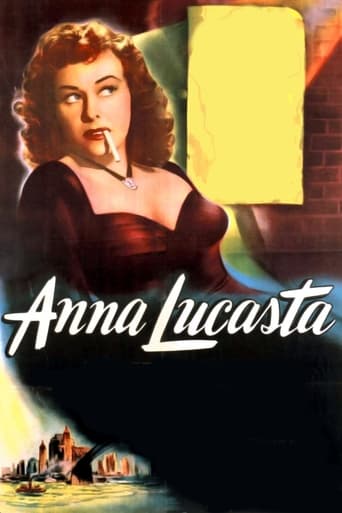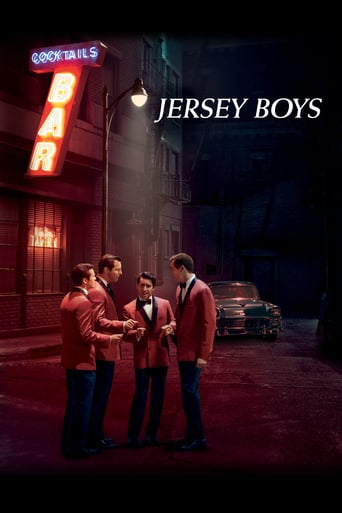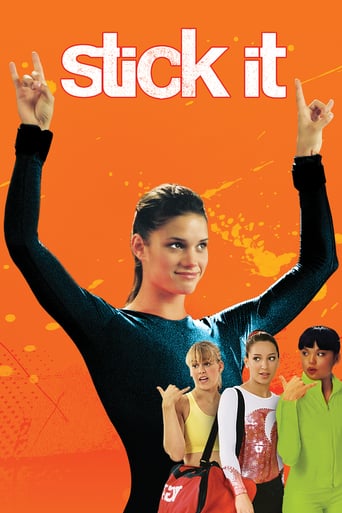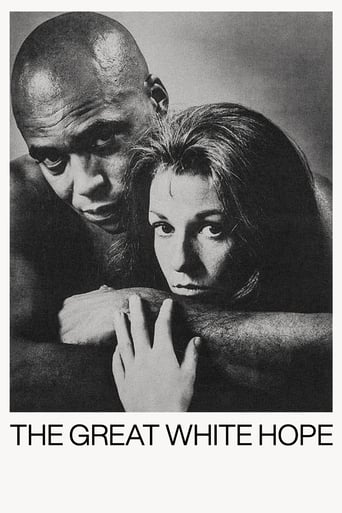
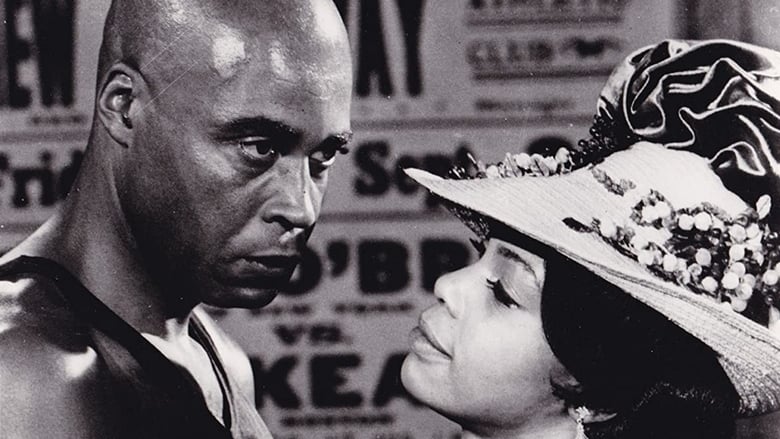
The Great White Hope (1970)
A black champion boxer and his white female companion struggle to survive while the white boxing establishment looks for ways to knock him down.
Watch Trailer
Cast


Similar titles
Reviews
THE GREAT WHITE HOPE is a successful play by Howard Sackler first, premiered in 1967 and both Jones and Alexander won Tony Awards for it. Then this film adaptation sticks with the two leads and is directed by Martin Ritt, whose works are generically significant in requiring dramatic acting predisposition (THE LONG, HOT SUMMER 1958, 6/10; MURPHY'S ROMANCE 1986, 7/10). The scenario is about the black boxer Jack Jefferson (Jones), whose real-life archetype is Jack Johnson, the first African American world heavyweight boxing champion (1908-1915), his up-and-down life orbit and the relationship with his white financé Eleanor (Alexander). And the title signifies his opponents' urgent solicitation for any white boxer who can reclaim the golden belt from him.To be expected, the first half is a prolonged battle against the racist's bias inside the US nation, Jack's gregarious and often jokey public image is his weapon to counteract the provincial prejudice, but when he faces his own kinds, he takes umbrage at their equally biased minds, which shows how in-your-face and sapient is Sackler's script, external hostility is disrespectful, to be sure, but it is the internal rift that hurts the most (usually due to jealousy). Fortunately, their unconditional love is the remedy for this part, Jack wins the champion title but soon to be deliberately persecuted by authority figure sand has to sneak away from homeland and go into exile in Europe, with a daring scheme to get away under the police's eyes after receiving his mother's blessing, Jack escapes with Eleanor, his agent Goldie (Gilbert) and loyal trainer Tick (Fluellen).The second part of the film is an extensive hubris study, from a national champion to a down-and-out exile, Jack and Eleanor's affinity is under severe strains, from Great Britain, France to Hungary, Jack persistently refuses to go back for a lose-it-all match in exchange of getting his charges revoked, he dismisses Goldie and they relocate in Mexico, it all goes down to Jones and Alexander's heartbreaking bickering scenes which is unsparingly painful to watch, and at the cusp of the tension, a tragedy would unexpectedly ensue, and finally Jack caves in, fights for a match he is doomed to lose. The spectacular performance is the bona-fide highlight of this theatrical piece, both Jones and Alexander are remarkably scintillating and intensely heart-rending, they were worthily Oscar-nominated that year, as her screen debut, Alexander has a borderline leading role but her plaintive mien and inviolable finesse proves that acting is her vocation. Jones, before he would become the universally beloved voice of Darth Vader, clearly goes all out in a hard-earned leading role for a black actor at then, he scopes out both the charisma and the weakness of his character quite remarkably, although physically he doesn't bear a convincing resemblance of a brawny boxer. If you are a sport fan and into boxing matches, the film would let you down mercilessly, by modern standard the final showdown is conspicuously fake, all the jabbing and punching are laughably posed, but it would be a different matter for theatrical connoisseurs, for me, I didn't see the ending coming as it is enacted in the film, a nice conceit indeed, he doesn't fake to lose the game, purely he is not that champion any more, he is a man destroyed by this unjust world, a tragedy of his time and a tale of woe resounds profoundly.
Here is a very special film. While not a biography, it is biographical, while essentially about a fighter, it is not a fight film. I think the world first saw multiple award winner James Earle Jones as the impoverished father of a baby girl who is bitten by a rat while living in a run down tenement block. This was in the now rare, Emmy award winning TV series "East Side West Side". The series ran one season and also gave us a glimpse of the powerful talents of George C. Scott as the central character. The outstanding episode that Jones guest stared in was titled "Who Do You Kill" It was essentially here, in 1963, we were first introduced to the raw potential of this dynamic Afro-American actor. A few years later, Scott and Jones would appear on theatre screens together. "The Great White Hope" would have to be one of the best (if not 'the best') film to show the extent of racial intolerance that existed in 1900 American society and particularly in sporting circles. For many, this film will be exhausting to watch, both for the strong situations it examines and the astounding performances of the two main leads.It's easy to see why both these performers won Tonys for their roles in the stage play, and Oscar nominations for their film portrayals of the same characters. Matin Ritt, a survivor of the House of Un-American Activities witch-hunt, is absolutely the right Director ('Edge of the City', 'Hud', etc). Just as Burnett Guffey ('Here to Eternity', 'All The Kings Men" etc) is the right Director of Photography. They have created a film that sparkles in all departments. While you don't want it to end ~ you are relieved when it does.I'm sure the transfer of the 1969 Pulitzer Prize winning play to motion picture (both penned by Howard Sackler) must have brought with it greater personal connection for the audience. It's also interesting to note that one of the integral supporting characters (Pop) played by veteran actor Chester Morris - in his last film (befor suiciding while dying of cancer at age 69) also guest stared in an episode of "East Side West Side" shortly after the James Earle Jones Ep. His episode: "The Name of The Game" aired in 1964.If you like great drama with a background set in historical fact, be sure you see "The Great White Hope"....Ken Roche.
The Great White Hope demonstrates why a great play doesn't always become a great motion picture.Based on the real Jack Johnson, the first black man to win boxing's world heavyweight championship, The Great White Hope is the story of Jack Jefferson (James Earl Jones), the first black man to win boxing's world heavyweight championship. I'm not entirely sure why they fictionalized a true story. Maybe it was out of respect for Johnson's real life or maybe Howard Sackler, who wrote the play and adapted it for the big screen, just didn't want people complaining about any dramatic license that he took.Anyway, Jack Jefferson fights his way to the top of the boxing world and then wins the title when the man who retired as champion returns to the ring to defend the white race against the black interloper. For a while, Jack's on top of the world. He's got the title belt, money and his white fiancée Eleanor (Jane Alexander). His only worries are his common law wife Clara, the authorities trying to find something to arrest him on, and the chance that someone might just try and kill him, either for being a black champion or bedding a white woman. The feds eventually do nail Jack on a charge of taking a woman across state lines for the purpose of having sex with her, a law meant for pimps and prostitutes but turned against Jack and Eleanor.Jack and Eleanor flee the country and he tries to make a living as a fighter in Europe. That doesn't work out. Both because some countries don't want anything to do with him and because Jack isn't content to just fight a series of bums and collect a paycheck. Jack has to be the best in the world and everyone has to acknowledge it. Unable to fight, his money run out, Jack ends up driving away everyone he cares about until the feds finally corner him in Mexico and a terrible tragedy forces Jack to take a deal. He'll throw a fight and lose the title to a white fighter and they'll drop the charges against him. But during the match in Cuba, Jack just can't go through with it. He lets the white boxer beat on him for 10 rounds but won't go down. Then his pride rears up and Jack tries to win, but he's been hurt too bad and goes down for the count.The only real problem with The Great White Hope is that a lot of the story I just told you never ends up on the screen. Except for the final scene in an open air stadium where an ocean of white men in ties and hats cheer in bloodlust to see the black champion beaten, everything in this film could fit neatly on a theater stage. But the motion picture frees a story from the limitations of the stage. You can change scenes, move actors around and do all number of things impossible in live theater. On stage, you usually have to hear a lot of the story. In a movie, you can see all of the story. With The Great White Hope, it's a movie where you hear most of it. Jack Johnson's life is a great tale but when you compare this with other boxing movies like Rocky or Raging Bull, you can see how clinging to the form and function of the play forces Sackler and director Martin Ritt to leave out things they don't need to leave out.While the plot is somewhat cramped, the sterling performances more than make up for it. Hal Holbrook shines in a small role as an overly clever district attorney who doesn't want to bring Jack Jefferson down but feels he must. Jane Alexander is also quite fine as a woman truly and deeply in love with her man but still not entirely free from what it means to be a white woman loving a black man in the dawning of the 20th century.First and last, though, The Great White Hope is James Earl Jones' movie and he dominates it from beginning to end. His Jack Jefferson is a towering figure of joy and unrelenting strength. He shows us the heart of a man who genuinely loves life and revels in it. Then he shows us inside that heart an angry insistence that he go through life on his terms and no one else's. Not the white promoters, not the black people who cheer for him, not even the terms of the woman he loves. Jack's constant smile is both an expression of his deep happiness and a baring of his teeth at everyone and every thing in the world.The Great White Hope also does a decent job for a piece of entertainment at giving people a deeper look into American racism. This film is about how racism is not just hate, though epithets like the N-word get thrown around a lot, but is also about an idea that the world is white people up high, black people down low and how both whites and blacks internalize that idea until they don't even realize how it shapes their thoughts and emotions.This film has most of the problems of plays that turn into movies, but it also has the major advantage of such work. Plays can overcome a lot of problems if they give an actor the sort of material with which he can stand up and thunder. James Earl Jones thunders in The Great White Hope and you'll enjoy watching him storm.
********THIS MAY CONTAIN A SPOILER******** ********THIS MAY CONTAIN A SPOILER******** ********THIS MAY CONTAIN A SPOILER******** This film was beautiful and heart-rending. To correct another reviewer, YES, this does have a boxing scene in it. A wonderful one. I actually had to step out when the main character was about to get his first big match, so it may even have two scenes. But really the beauty is in the drama and the almost Shekespearean tragedy. Does the hero triumph in the end? No, but neither do his enemies, for thought they revel in it, it is all of humanity that suffers a loss in this man's defeat.I.K. from Scandinavia has posted a review of this film that can only be viewed as blatantly racist. According to this person, "I only wanted to see this movie because of Jane Alexander and Karl-Otto Alberty, both favorites of mine." FINE. Whatever your reasons, yo saw the movie. And you didn't like the movie. Fine as well. Perhaps you don't like this type of movie or perhaps James Earl Jones didn't convince you or any other number of reasonable opinions. But to call this movie a typical boxing movie is completely ignoring the touchy subject matter. It's like you fastforwarded all the talking parts. From the looks of it, all the other movies you've reviewed involve espionage and very white European spies operating during WWII. A keen interest in Hitler as well. But you offer no other clue as to why this film had nothing to offer to you, save this telling remark, "although it has some provocative scenes (black man having sex with white woman)." Since when in the past 40 years has this ever been called "provocative" except from ignorant bigots such as yourself? I have petitioned the administrators to remove your racist review and I hope that they will remove this response to it as well, seeing as there will be no need for it. I truly hope your shortsighted views are not indicative of your country of origin (although I doubt it) because you are a terrible representative and a shame to your fellow countrymen.


